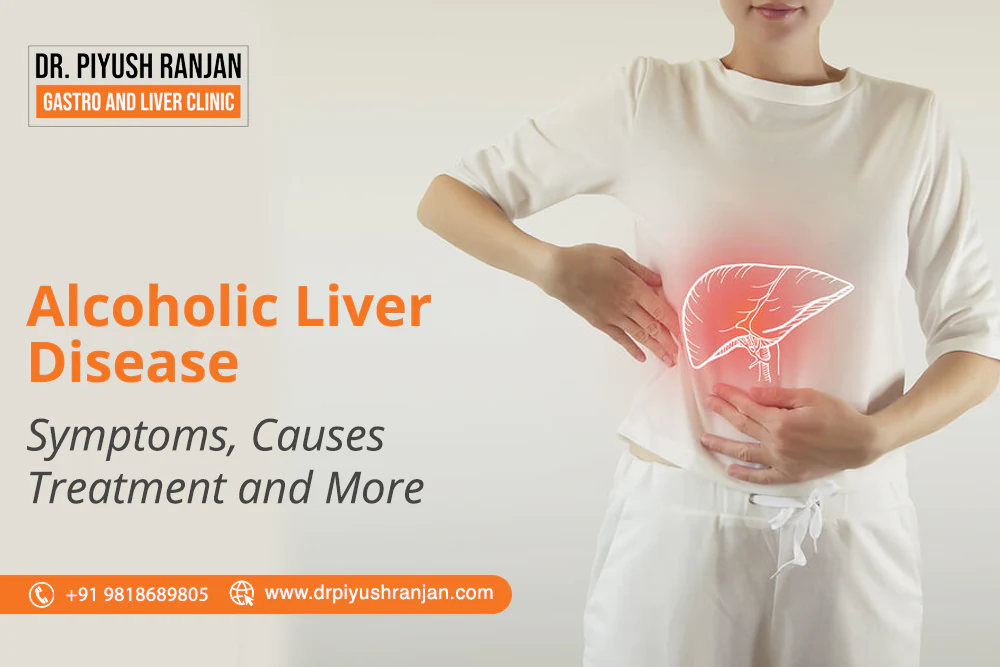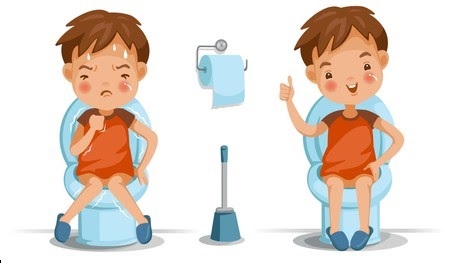The gastrointestinal tract or the GI tract comprises all the organs and the glands that help the body get the energy required daily from the food we consume. The food is mechanically and chemically broken down into small, absorbable particles that our cells can efficiently utilize.
The proper functioning of the GI tract is essential for the daily growth and survival of our body. Any dysfunction or disease in any of the organs or glands can lead to improper digestion of food and the appearance of symptoms like fatigue, weight loss, etc.
In this article, we will discuss some of the gastrointestinal disorders briefly.
What are gastrointestinal disorders?
The gastrointestinal tract is formed by many organs like the mouth, stomach, small intestine, large intestine, etc. These organs are the site of mechanical and chemical breakdown of food. These are supplemented by the glands like salivary glands, pancreas, liver, etc., that secrete digestive juices in the cavities of the organs above and cause the chemical breakdown of food.
Problems can occur in any of these organs of the GI tract, and discussing each issue of each GI organ is beyond the scope of this article. So, we will discuss the GI tract as one single organ system. This article will review some of the common disorders that affect the GI tract and what one can expect signs and symptoms in these disorders.
Apart from all these disorders, your diet and physical activity are essential to maintain good gut health.
Infections
One of the most common problems is the infection of any organ by microbes like bacteria and viruses. These usually happen when you consume food or water that has been contaminated with these microbes.
All these microbes can cause a variety of symptoms depending on the organ they affect. The most common symptoms seen with GI infection are nausea, vomiting, and diarrhea. Some microbes may also be invasive, causing damage to the gut lining, which is then seen in the form of bloody loose stools, also known as dysentery. Such infections can also lead to malabsorption.
The mainstay of treatment is to kill the specific organism responsible for the infection for which the microbe has to be detected in the body. It is usually done by sampling the feces. Other than that, the patients must drink an adequate amount of fluids and electrolytes (which can be given as ORS) to prevent dehydration that occurs with vomiting and diarrhea.
Peptic Ulcer Disease (PUD)
The inner mucosal lining of the stomach and duodenum can become ulcerated because of the acidic contents of gastric juice. It is usually prevented by some mechanisms like the presence of a mucus lining above the innermost lining of the stomach, neutralization of the acidic contents by essential substances as they move into the duodenum, etc.
Many factors like smoking, drinking, eating spicy food, stress, certain medications like NSAIDs, etc., can cause these defense mechanisms to falter and allow the acid to erode the stomach and duodenum’s lining forming ulcers.
Symptoms include abdominal pain, heartburn, belching, bloating, etc.If you have any of these symptoms, consult your gastrointestinal doctor at the earliest. After the diagnosis of PUD, one will start treatment for you to remove aggravating factors like smoking, drinking, spicy food, etc., and antacids will be prescribed to you to control the ph of your gastric contents. Apart from this, you will also be given antibiotics against the bacteria Helicobacter pylori frequently associated with PUD.
Inflammatory Bowel Disease (IBD)
These are the types of disorders that are characterized by chronic inflammation of the small intestine. It is an umbrella term used to describe two conditions- Crohn’s disease and Ulcerative Colitis.
Both these disorders are generally characterized by the symptoms of abdominal pain, diarrhea, bleeding per rectum, fatigue, and unintended weight loss. One can distinguish the two based on a few investigations like radio imaging, colonoscopy, upper endoscopy, etc.
One cannot fully cure these diseases, but one can slow down their progression with treatment. Treatment strategies include anti-inflammatory agents like corticosteroids, immune suppressors, antibiotics to control secondary infections, etc.
Cancers of GIT
Carcinomas of the GI organs generally affect the elderly population above the age of 60 years. These carcinomas are highly malignant and can usually be very aggressive and can kill the patients in months to a few years.
These carcinomas can occur in GI organs like the stomach, pancreas, liver, colon, rectum, etc.
Screening tests are available for some of these carcinomas, like colon cancer, that can help diagnose cancer in very early stages, helping treat the cancers.
How do you know when there is a problem?
Some symptoms should arouse the suspicion of GI disorder which are listed below. If you experience any of these symptoms, you might be suffering from a GI disorder and should consult with a gastroenterologist.
- Nausea and vomiting
- Diarrhea
- Abdominal pain
- Constipation
- Bloating
- Heartburn
- Bleeding per rectum
- Dysentery
- Fatigue
- Unexplained and unintentional weight loss




